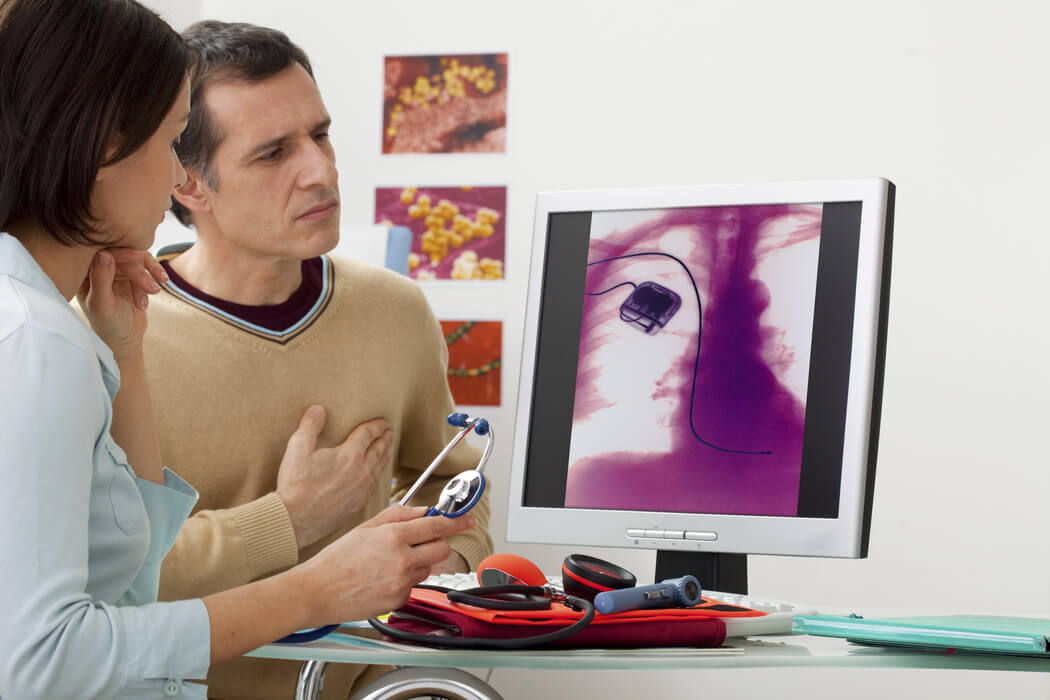
Medical devices are becoming increasingly more sophisticated and commonplace, and they usually work as intended. In some cases, however, they are defective and can fail to perform as expected and cause injury or even death.
The following explains more about medical devices, how they can be defective, and what you can do about it if one affects you or a loved one.
What is a Medical Device?
“Medical device” is a broad term that refers to devices that are used by healthcare professionals to treat a disease, illness, injury, or disability.
What are Some Examples of Medical Devices?
The following are some common types of medical devices:
- Joint replacements – such as hips or knees
- Stents – small tubes that surgeons insert into arteries or blood vessels
- Pacemakers/defibrillators – used to treat heart disease
- Surgical robots – used by doctors during surgery to help access hard-to-reach areas
- Transvaginal mesh – used to treat pelvic organ prolapse and urinary incontinence
What are Some Ways in which a Device can be Defective?
A device can be defective in the following ways:
- Manufacturing and quality defects – cause a device to not work as intended
- Improper warnings – patients do not receive warnings about potential side effects
- Inadequate training or information – doctors or consumers do not receive enough training or information to use a device properly and safely
- Design – the problem lies not in how the product’s manufacturing but instead in a faulty design
- Unforeseen results – the device does not deliver the expected results
What Should You do if You or a Loved One has Suffered Harm from a Defective Medical Device?
The following are some of the steps you should take if you suffer harm from this type of device:
- Keep track of your symptoms – Keep a record of your symptoms as well as any expenses related to them, such as lost time at work.
- Get advice from a lawyer – A defective medical device lawyer can help you determine whether you have cause for legal action and can help you prove your case.
- Save the device – If you have the device removed, make sure to tell the surgeon that you want the device after your operation. Otherwise, they could discard this potential piece of evidence.
Who Might be Responsible for This Type of Defect?
One or more of the following may be responsible in a defective medical devices case:
- Manufacturer of the product
- Medical sales representatives who recommended the product to your doctor
- Your doctor, if he or she failed to warn you of potential dangers
- Testing laboratory
- Medical facility – such as a hospital or clinic
- Retailer – if you purchased the device from a store
Getting Help After Injury from Defective Medical Devices
Cases involving defective medical devices can be extremely confusing. A Las Vegas personal injury lawyer can help you prove your case through expert witnesses, information on FDA recalls, and more.
If you or a loved one has been injured or otherwise suffered due to defective medical devices, contact Lerner and Rowe Injury Attorneys in Las Vegas today at 844-977-1900. We can help with cases involving defective medical devices, and we are available when you need us – in the office from 8 a.m. to 5 p.m., by phone 24/7, or online any time via our LiveChat. So, don’t delay. Contact us today!



